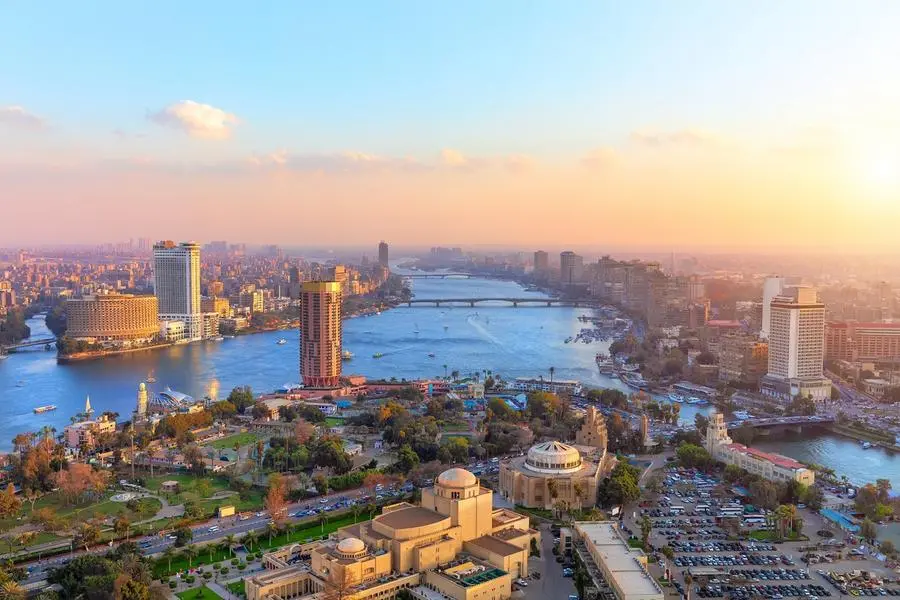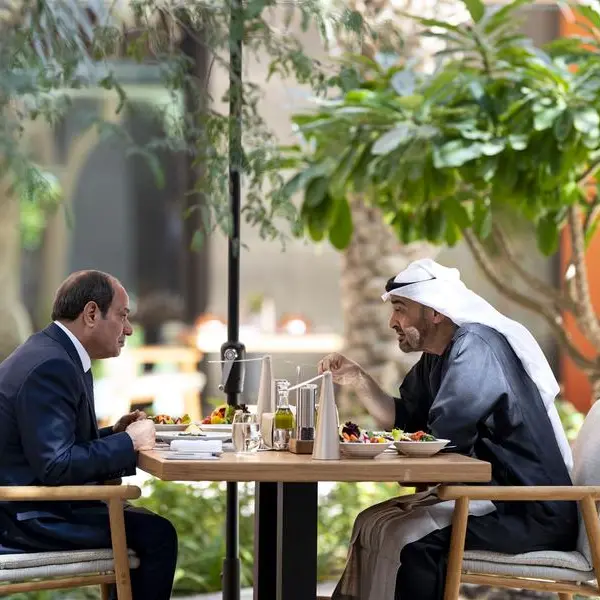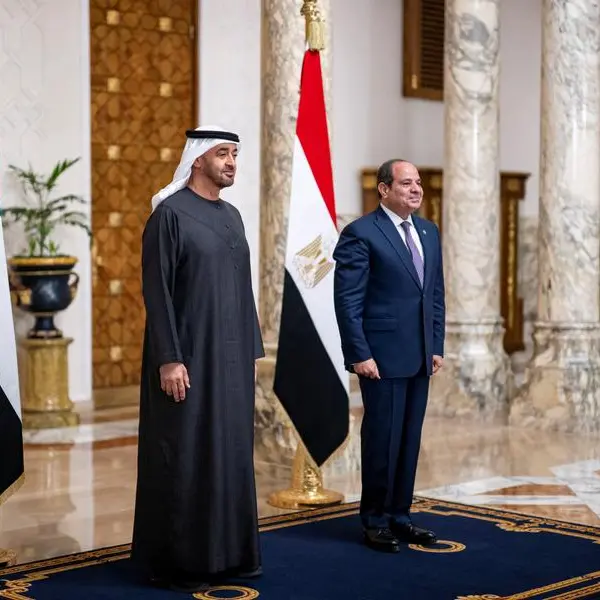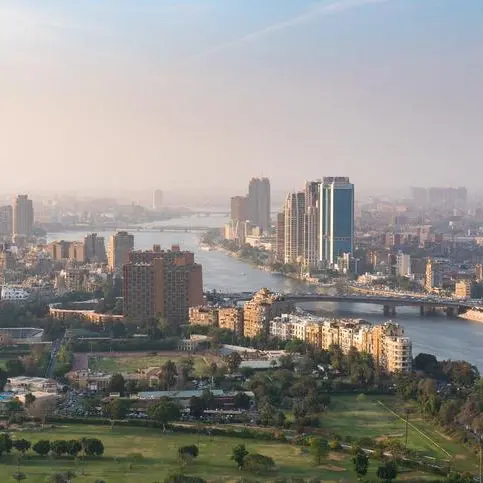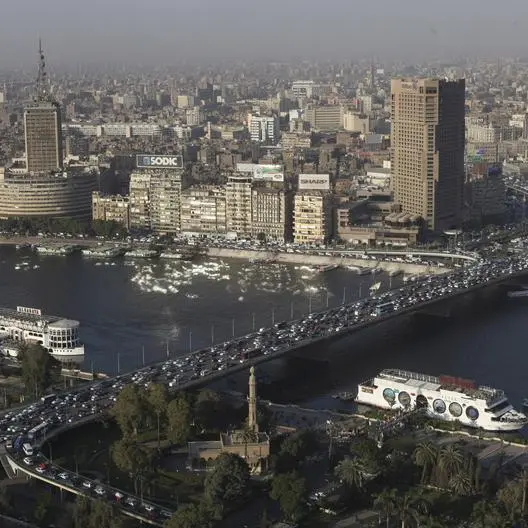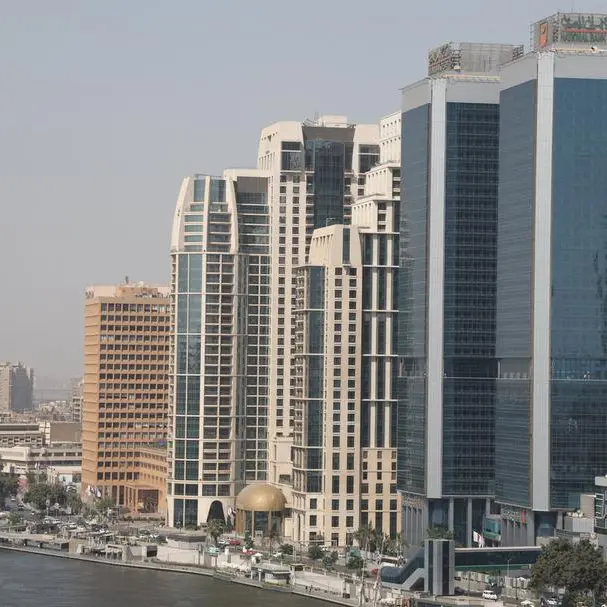PHOTO
An IMF team is still holding technical discussions with Egyptian authorities to reach an agreement on a strategy that can mitigate the economic impact of the ongoing Russia-Ukraine war, according to Jihad Azour, IMF Director of Middle East and Central Asia Department.
“Egypt is one of the countries that have been facing a direct and an indirect impact of the war,” Azour said during a press conference.
The North African country has been directly affected by the war in terms of food supply especially that it relies on both warring countries for 80 percent of its wheat imports. The war is also expected to reduce tourism revenues since Russians and Ukrainians represent 40 percent of beach travelers to Egypt.
In the meantime, the war has exacerbated the volatility in the international capital market, which led to foreign capital outflows from Egypt as well as many other emerging markets, explained Azour.
“The way to address this is through a comprehensive reform package that the Egyptian authorities are putting in place, and the fund is in current discussions with them to find the best way to help,” Azour said.
A few weeks after the war erupted, the government had requested the IMF support to protect the gains reaped by the IMF-backed economic restructuring program launched in 2016. A similar plea was made by the Egyptian government in the midst of the global pandemic two years ago and culminated in an IMF loan of nearly $ 8 billion.
“The fund has been supportive to Egypt over the last few years. The fund stands ready to support Egypt going forward,” Azour said.
Following the war, the inflation rate had jumped to 10.5 percent in March compared to 8.8 percent in February. Meanwhile, foreign reserves had dropped from $40.99 billion in February to $37.082 billion in March. To contain the situation, the Central Bank of Egypt devalued the currency from 15.7 pounds to the dollar, where it had remained mostly steady for nearly 18 months. Since then, the Egyptian pound has lost nearly 16 percent of its value. The CBE had also raised its interest rates by 1 percentage point, from 8.25 percent to an annual rate of 9.25 percent.
On Tuesday, Egypt’s President Abdel Fattah el-Sissi ordered the government to launch a program to ensure the private sector’s participation in state-owned assets, with a target of $10 billion annually for four years. He had also ordered his ministers to start listing military-owned companies on the Egypt’s stock exchange before the end of this year.
“During uncertain times, it is very important to make sure your macroeconomic policies are set in a way to protect your economy from any external shocks and Egypt is currently facing external shocks,” he said commenting on el-Sissi’s latest decisions. “Those are moments in which you rethink your priorities to maintain the high level of growth. “
The latest IMF economic outlook affirmed earlier forecasts that Egypt’s GDP growth will reach 5.9 percent in 2022 compared to 3.3 percent in 2021. However, growth will eventually drop to 5 percent in 2023 because of the war.
(Reporting by Noha El Hennawy; editing by Seban Scaria seban.scaria@lseg.com)
